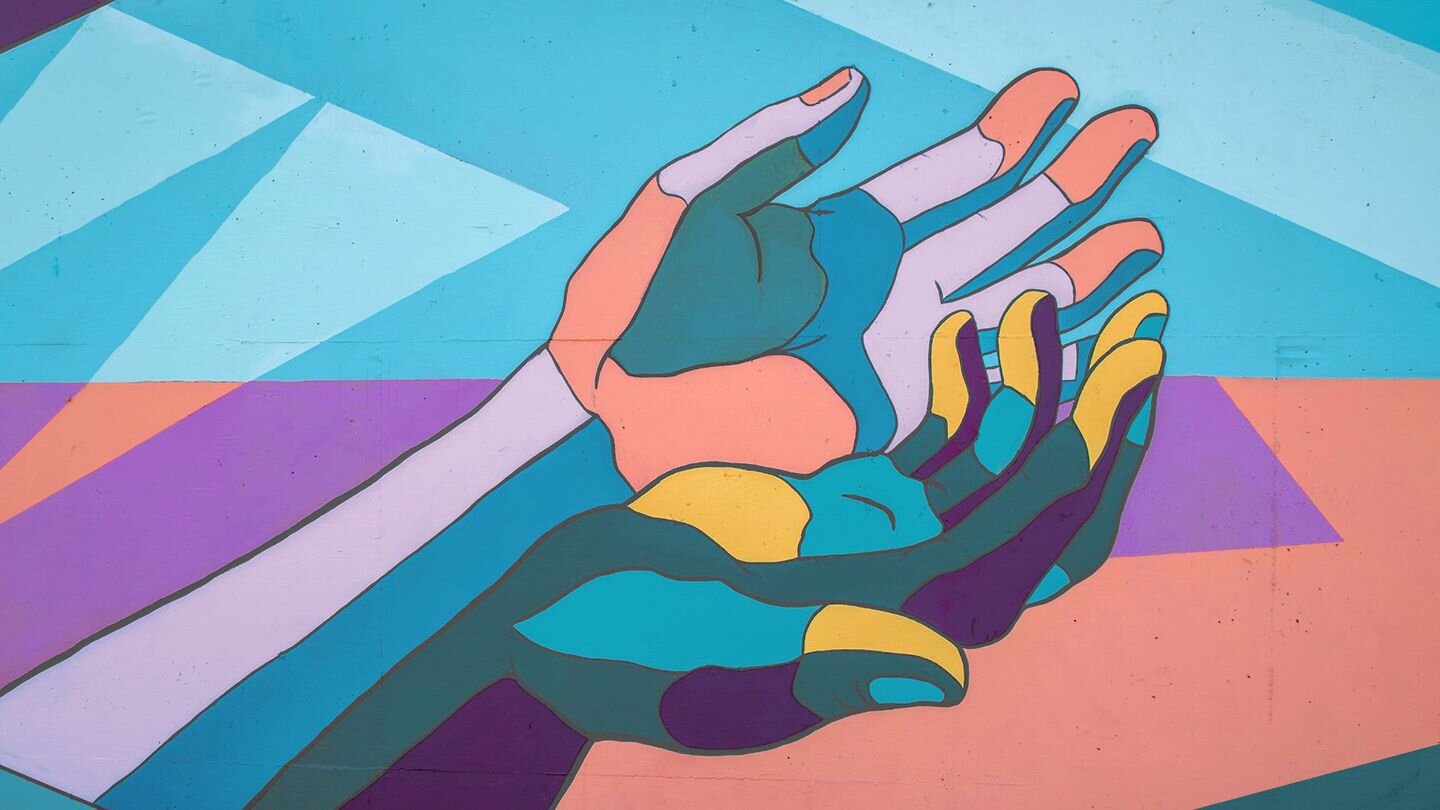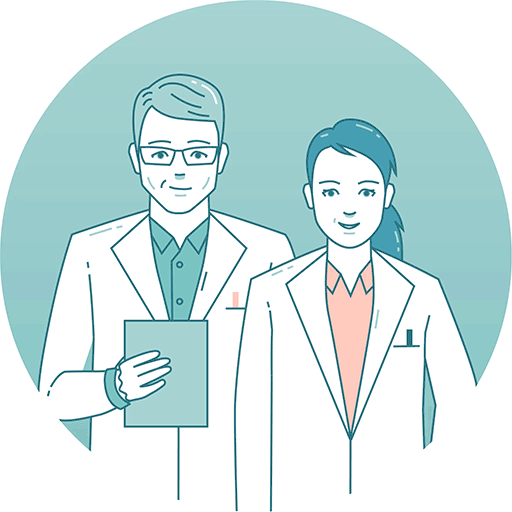Resources you can turn to for help
Following our previous article, Signs and Symptoms that You May Need Help, we at ISI want to make sure you stay safe and don't put yourself in danger. If you think you or someone that you know is struggling with alcohol or substance use disorder, we encourage you to reach out for help. We will make some suggestions for where to reach out in this article, but if you have a close friend, trusted adult, or another person you trust that you can talk to, that is always a good place to start! It’s never too late to ask for help.

There is a big misbelief that getting treatment for alcohol and drug addiction doesn’t work and that people will never change their behaviors. The truth is that it takes time to recover from addiction- not only for the brain to re-adjust but to make lifestyle changes too. It is also very hard because there are many different types of counseling, psychotherapies and treatments you can try.It may take several rounds of treatment before you find the one that is right for you.
Battling these disorders can be challenging to do on your own, but, with help, you can overcome addiction and start to live again!

We have compiled a list of resources that you can reach out to if you realize you need help. All of these resources are confidential which means they are legally required to maintain your privacy within certain peramaters.
Campus resources
Oftentimes, the wellness or health center at colleges and universities will have a counseling or advising program that is specifically aimed at combating substance use or alcohol use. Be sure to contact your school’s wellness center for more information. These programs may be free or subsidized by the university, so don’t shy away for cost reasons until you’ve found out what the out-of-pocket expense may be for you.
National Drug Helpline
This website is a wealth of information relating to all types of substances and alcohol. They have a toll free number that can be called 24 hours a day, 7 days a week. If you suspect that you, a friend, or family member are using drugs or alcohol excessively, you can call this line and a trusted professional will talk with you and help inform you of the common signs and symptoms of excessive alcohol and substance use.
Substance Abuse and Mental Health Services Administration (SAMHSA)
SAMHSA is also a wealth of information, and has developed a treatment center locator that covers both substance use disorder and alcohol use disorder. They also branch out into mental health and wellness center locators, and other topics related to mental health.
The Recovery Village
The Recovery Village is another hotline that is open 24 hours a day, 7 days a week. They can help assess whether it is necessary to go to a treatment center. Of course, it is free to call the hotline.
Alcoholics Anonymous (AA)
Alcoholics Anonymous takes a group therapy approach to helping with alcohol use disorder. This website can help you locate a local group to begin the recovery process.
988 Suicide & Crisis Lifeline
988 is the new designated 3-digit number for anyone who is in crisis or contemplating suicide. A person can call, text, or chat this number and be connected with a trained counselor who will offer support and resources.